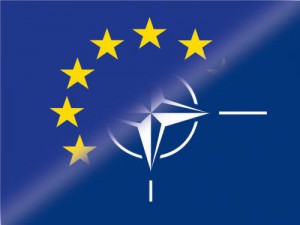 While most conferences on NATO organized by organizations close to the alliance follow a somewhat predictable format, I had the privilege to participate in one that was interesting not only for the ideas participants brought forward, but also for the interaction between the speakers and participants, NATO and the Future of Cooperative Security (part of the 58th ATA General Assembly), held in Rome.
While most conferences on NATO organized by organizations close to the alliance follow a somewhat predictable format, I had the privilege to participate in one that was interesting not only for the ideas participants brought forward, but also for the interaction between the speakers and participants, NATO and the Future of Cooperative Security (part of the 58th ATA General Assembly), held in Rome.
On the diplomatic side, the general consensus was that if NATO wants to remain a relevant institution, the Europeans have to take on a greater burden. Italian Foreign Minister Giulio Terzi was surprisingly frank, saying the Europeans can no longer rely on Washington to take the lead in the European theater due to the United States’ increased strategic emphasis on Asia. Another oft-highlighted point was that Europe will have to find better ways to pool its resources as a consequence of the Continent’s financial crisis. How this can be achieved was not really addressed.
Karl Heiz Kamp, the director of the research division at the NATO defense college in Rome also listed the economic crisis as a factor that increases risk aversion among Europeans. Kamp said that the dynamic is occurring at a time when European countries need to carry a greater security burden in Europe and its periphery, again mentioning the U.S. pivot to Asia. The pressure on Europe to cut spending as a result of the financial crisis is worrying the United States. As was pointed out, Europe is a security consumer, and Washington wants Europe to become a stronger security provider. NATO’s historic role has been to provide security in Europe, but the United States wants to see the Europeans play a larger role as security providers outside Europe. This is why many voices are calling for an increased emphasis on partnerships with Mediterranean and Gulf countries — to allow NATO and Europe to play a more relevant role in Europe’s periphery.
Vice President of the Atlantic Council of the United States Dr. Frances G. Burwell touched on a number of interesting themes:
- There is a global diffusion of power, and a number of non-European countries will soon surpass Europe, which will become less relevant from the U.S. perspective. Europe will experience either a modest decline in relevance — resulting from the Continent’s demographic outlook coupled with stronger growth in other areas — or a drastic decline if the economic crisis is managed poorly. Demography is something Stratfor has emphasized for a while, analyzing migration and the socio-economic problems that accompany demographic changes.
- Washington’s focus on Europe emphasizes strengthening trade ties between the US and the EU to somewhat compensate for the shifting military focus towards Asia. Burwell mentioned in his speech later on that at the Munich security conference, U.S. Vice President Joe Biden highlighted the need for the United States and Europe to increase their trade ties. This appeared to be one of the main themes of the conference and has also been a key topic at other meetings we have attended in Europe, as the prospects of a U.S. – EU free trade agreement are discussed ever more frequently. Indeed, later in the week, U.S. President Barack Obama mentioned a free trade agreement in his state of the union speech (even if it was not a prominent item).
- The need for NATO to develop a Mediterranean maritime fleet as North Africa and the eastern Mediterranean come to have a greater influence on European security. This reminded me of former French President Nicolas Sarkozy’s campaign in 2007, when he called for a Mediterranean union to ensure security. Sarkozy also saw Turkish membership in this union as a possible alternative to membership in the European Union, which he opposed. Spain tried to revive the idea when it held the EU presidency in 2009, but dropped the matter as the financial crisis already began to draw Europe’s focus.
The discussions during the conference seemed to be aimed at answer the question of what NATO’s future role should entail. The ideas all represented effective ways to ensure peace and stability, but I felt that a clear framework to put them to practical use was lacking. While I believe that NATO could play a role in the Mediterranean, and that this is where the Europeans should be more involved, I am still wondering and researching what a free trade agreement between the United States and the European Union would really bring to the world economy. Obama’s State of the Union address this week left open the question of NATO’s role after Afghanistan. That question was addressed during the conference, but too many answers were given, leaving the impression that NATO’s fate remains unclear. It seems that the analysis on NATO’s future written by Robert D. Kaplan some months ago still stands.

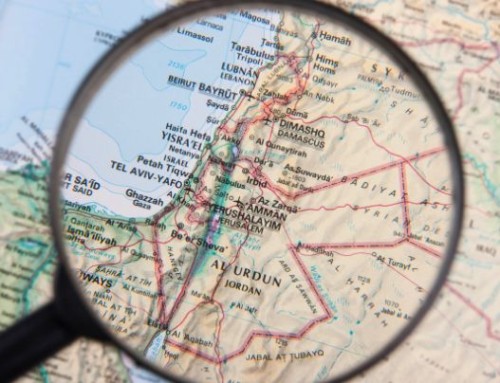
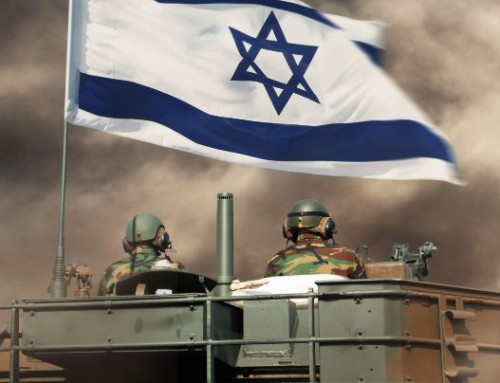
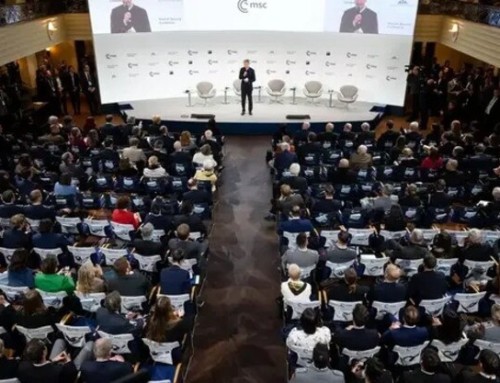
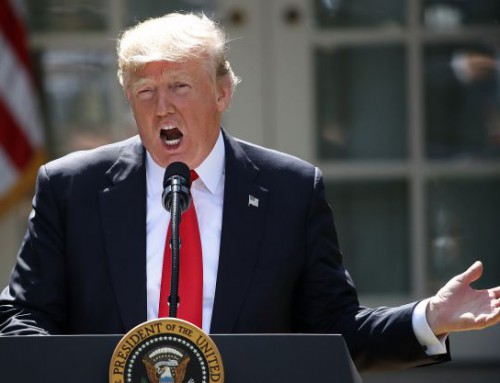

Comenteaza